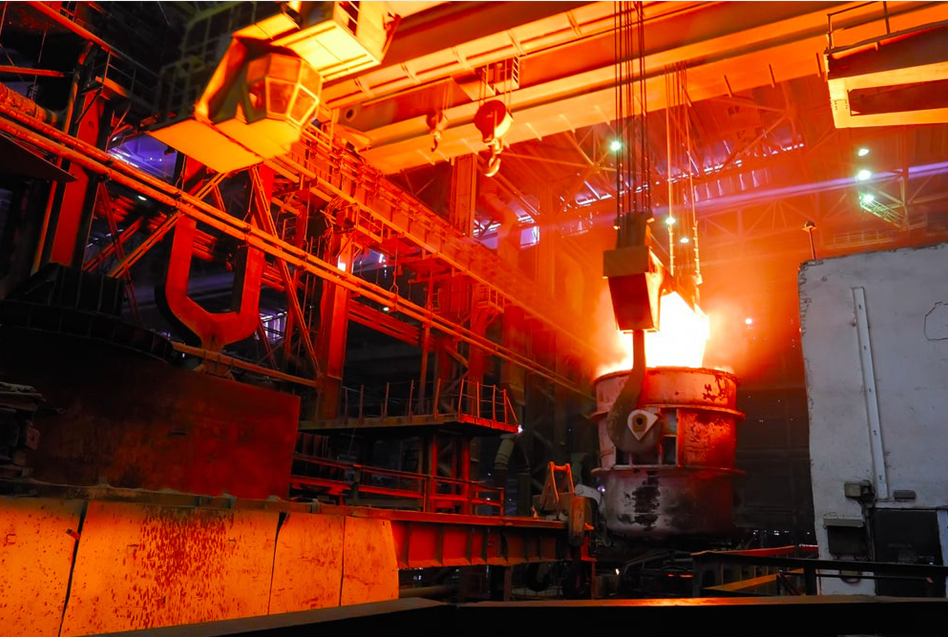Introduction
In recent years, there have been significant advancements in medical CNC machining, which has revolutionized precision manufacturing in the healthcare industry. CNC, or Computer Numerical Control, machining refers to the automated control of machining tools through the use of computers. The integration of CNC technology in medical manufacturing has led to improved precision, efficiency, and quality in the production of medical devices and equipment. This article will explore the various advancements in medical CNC machining and their impact on the healthcare industry.
Enhanced Precision and Accuracy
One of the most significant advantages of medical CNC machining is the enhanced precision and accuracy it offers. Traditional manufacturing processes often result in minor errors and inconsistencies due to human involvement. However, with CNC machining, the entire process is automated, eliminating human error and ensuring highly accurate and precise medical components. This level of precision is particularly crucial in the healthcare industry, where even the smallest deviation can have significant consequences on patient health and safety.
Complex and Customized Designs
Medical CNC machining has also enabled the production of complex and customized designs that were previously unattainable through traditional manufacturing methods. The software controlling CNC machines allows for intricate and precise movements, making it possible to create complex geometries and intricate patterns. This has opened up new possibilities in the development and production of medical implants, prosthetics, and surgical instruments. With CNC machining, manufacturers can easily translate complex designs into physical products, providing healthcare professionals with tailored solutions for their patients.
Improved Efficiency and Cost-effectiveness
With the advent of medical CNC machining, the healthcare industry has witnessed improved efficiency and cost-effectiveness in manufacturing processes. CNC machines operate at high speeds and can produce medical components with minimal human intervention. This not only reduces production time but also lowers labor costs. Additionally, CNC machining enables the utilization of raw materials more efficiently, minimizing waste and reducing overall production costs. These cost savings can be passed on to patients, making healthcare more accessible and affordable.
Quality Assurance and Regulatory Compliance
Another crucial aspect of medical CNC machining is its ability to ensure quality assurance and regulatory compliance. The healthcare industry is subject to strict regulations, and any deviation from these standards can have severe consequences. CNC machines are equipped with sensors and monitoring systems that constantly check the quality and dimensions of the manufactured components. This allows manufacturers to detect any deviations early on and take corrective measures, ensuring that the final product meets all regulatory requirements. Furthermore, the integration of computer-aided design (CAD) software into CNC machining facilitates the documentation and traceability of the manufacturing process, which is essential for audits and regulatory inspections.
Integration with Advanced Materials
Medical CNC machining has also facilitated the integration of advanced materials into the production of medical devices and equipment. Traditional manufacturing techniques often struggle to work with materials such as titanium alloys, stainless steel, and biocompatible polymers. However, CNC machines can handle these materials with precision and accuracy. This has led to the development of stronger and more durable medical components, as well as the introduction of innovative materials that improve patient outcomes. The integration of advanced materials has also allowed for the production of lightweight and ergonomic designs, enhancing the comfort and usability of medical devices.
Conclusion
Advancements in medical CNC machining have revolutionized precision manufacturing in the healthcare industry. The enhanced precision and accuracy, ability to produce complex and customized designs, improved efficiency and cost-effectiveness, quality assurance and regulatory compliance, and integration with advanced materials are just a few of the benefits that CNC machining brings to medical manufacturing. As technology continues to advance, we can expect further innovations in medical CNC machining, ultimately leading to improved patient care and outcomes.
-

- Mangensium álfelgur deyja-steypu Thixomolding málmhlutar
-

- Mangensium álfelgur deyja-steypu Thixomolding málmhlutar
-

- Hár nákvæmni magnesíumblendi steypuhlutar fyrir kveikjulás fyrir bíla
-

- Magnesíum álfelgur þikómótandi deyja-steypu UAV hlutar
-

- Magnesíum álfelgur Thixomolding rafmagnsdeigshús
-

- Rafmagns reiðhjól Magnesíumblendi 12 tommu Innbyggt hjól 36v10ah rafmagns bifhjól

 0086-750-5616188
0086-750-5616188 +86 13392089688
+86 13392089688 sales@zhongmei-tech.com
sales@zhongmei-tech.com








